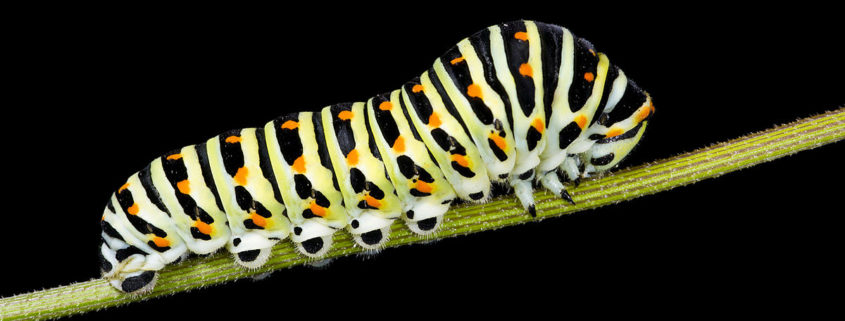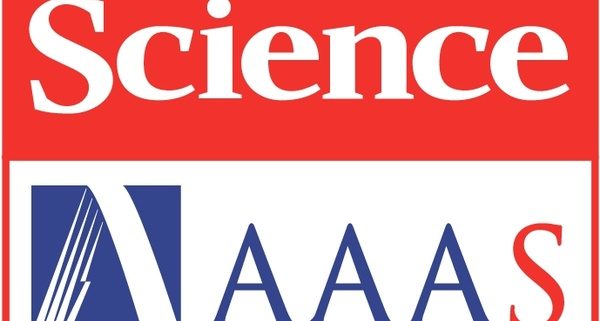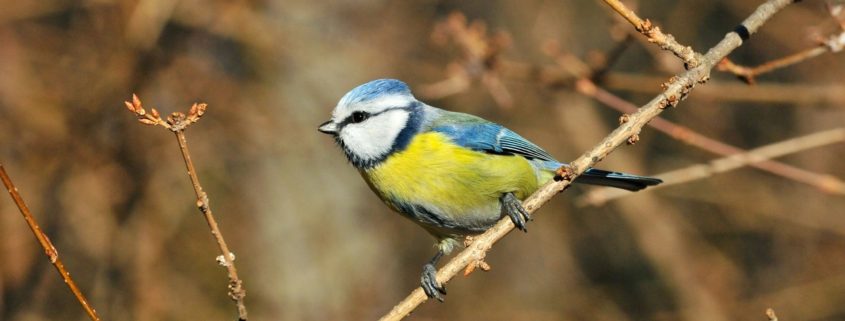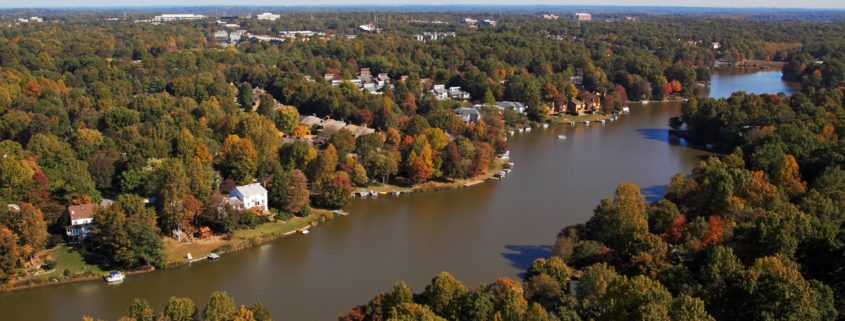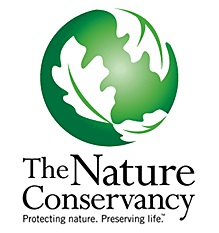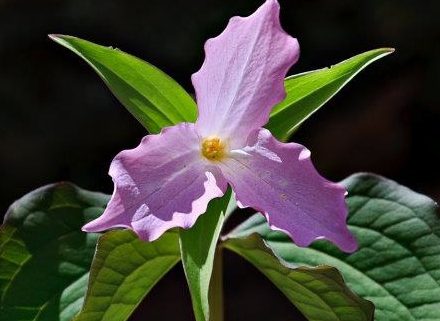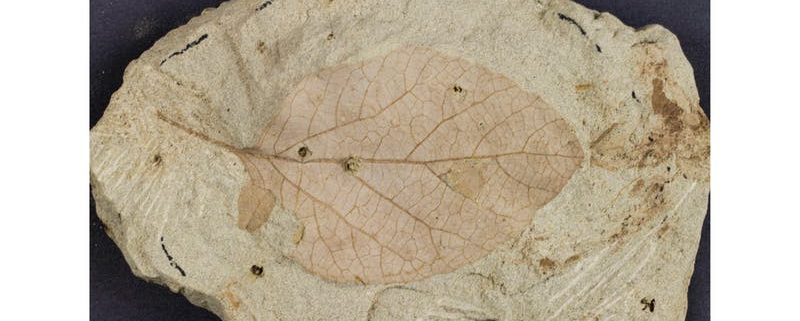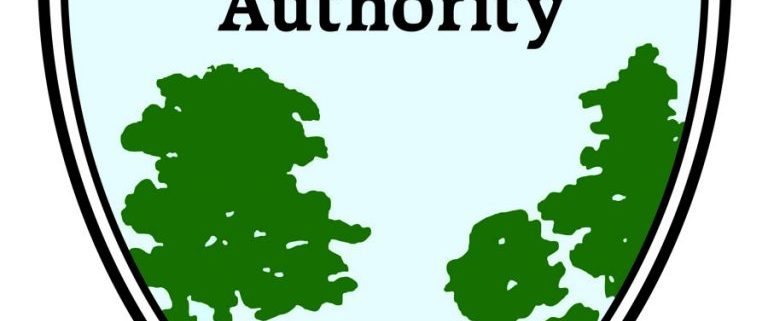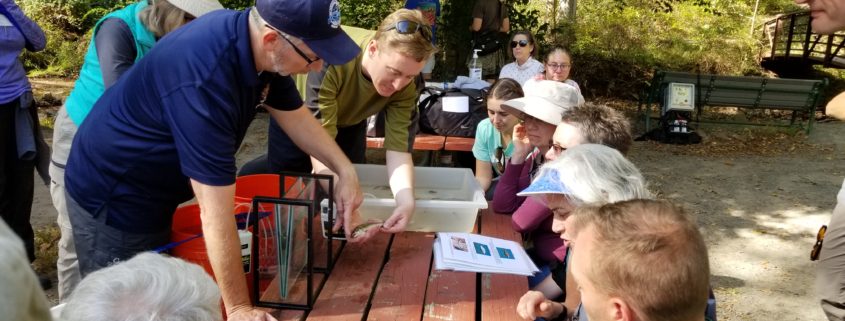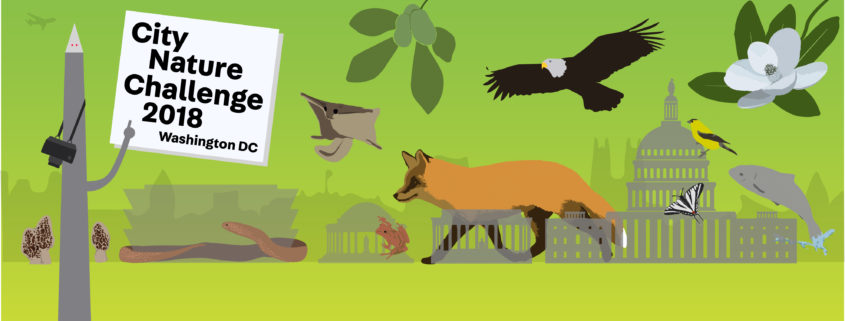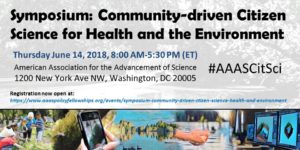
The AAAS Fellows Crowdsourcing & Citizen Science Affinity Group and the South Big Data Innovation Hub proudly present a free symposium: Community-driven Citizen Science for Health and the Environment
The democratization of science and technology represents a tremendous opportunity to empower communities to address issues of local concern and to expand scientific knowledge used in policymaking in both the environment and the health sectors. Citizen science presents a tangible opportunity for the general public to connect with research and science policy by creating opportunities for real, needs-based engagement. However, without intentional processes and design, it is possible to exacerbate existing inequalities. This symposium will address the intersection of two complementary approaches: community-driven research and citizen science.
At its core, community-driven research involves the impacted community into research question and hypothesis generation. Once identified, the research questions may combine traditional and citizen science approaches in data collection and analysis. In contrast, many citizen science projects are conceived and initiated by scientists to answer research questions and leverage non-professionals as a means to crowdsource data collection and/or analysis. This symposium seeks to focus on questions and techniques developed outside of the traditional scientific community to engage communities in both participation and co-creation.
This symposium will begin with a keynote address presenting a common understanding of community-driven research and citizen science. Related policies, projects, issues, and strategies will then be addressed in a series of three panels that focus on different aspects of community-driven citizen science.
Panels will cover these three themes:
- Community-Driven Water Quality Projects Focused on Aquatic Systems
- Addressing Equity in Environmental Health Using Community-Driven Citizen Science
- The Role of Large Citizen Science Platforms in Supporting Community-Driven Projects
Panelists will reflect viewpoints across the citizen science spectrum: from funders, to researchers, to members of impacted communities. The panelists will address policy considerations and contributions, broadening participation of underrepresented groups, project design and implementation, and outcomes.
Additionally, an expo for local community-driven citizen science projects will highlight local projects and organizations. Lightning talks by the exhibiting groups, sharing their interests in and/or experience with community-driven projects, will provide conversation-starters to facilitate networking.
At the end of the day, the goal is for attendees to gain a better understanding of the potential research, public engagement, and policy applications of community-driven citizen science and to advance their involvement with a broader network of interested communities.
* Co-sponsored by the AAAS Science and Technology Policy Fellowship and the South Big Data Regional Innovation Hub*
Follow the discussion on Twitter with #AAASCitSci and #BDHubs!
Symposium Panelists and Moderators:
Karen Andersen, Friends of the Shenandoah River
Jay Benforado, U.S. Environmental Protection Agency
Gari Clifford, Emory University
Jennifer Couch, National Institutes of Health
John Dawes, Chesapeake Commons
Julia Drapkin, ISeeChange
Maura Duffy, National Aquarium
Scott Loarie, iNaturalist
Liam O’Fallon, National Institute of Environmental Health Sciences
Raj Pandya, American Geophysical Union
Amanda Rockler, University of Maryland
Rodney Sampson, Opportunity Hub, Brookings
Lea Shanley, South Big Data Innovation Hub
Trey Sherard, Anacostia Riverkeeper
Stinger Guala, U.S. Geological Survey
Sacoby Wilson, University of Maryland
Organizations participating in the Expo:
Reston Association
OpenAQ (as DataKind DC volunteer)
GLOBE Observer/NASA Goddard Space Flight Center
ISeeChange
Audubon Naturalist Society
American Geophysical Union/ Thriving Earth Exchange (TEX)
U.S. Geological Survey
Washington Square Park Eco Projects
The New York Botanical Garden
AAAS
SciStarter
Agenda:
8:00 AM Arrival, check in, coffee
8:45 Welcome remarks by Carrie Seltzer and Stella Tarnay
9:00 Keynote address by Raj Pandya, Thriving Earth Exchange
9:30 Break
9:45 Panel 1: Community-Driven Projects Focused on Aquatic Systems
11:15 AM Lunch: Citizen science project lightning talks and expo
12:45 PM Panel 2: Addressing Equity in Environmental Health Using Community-Driven Citizen Science
2:15 Break
2:30 Panel 3: The Role of Large Citizen Science Platforms in Supporting Community-Driven Projects
4:00 Reception & citizen science project expo (continued)
5:30 End
American Association for the Advancement of Science
Auditorium
1200 New York Ave NW
Washington, DC 20005
Thursday, 14 June 2018
8:00 am-5:30 pm EDT
Register here: https://www.aaaspolicyfellowships.org/events/symposium-community-driven-ctizen-science-health-and-environment


